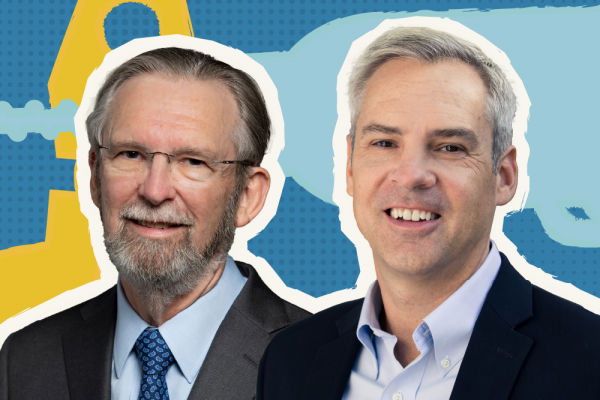Oct 15, 2024
“Some people out there in the readership are all in a tizzy that ‘Richard Hays has changed his mind! He’s changed sides! He’s not on our team anymore!’ They think this is some kind of a radical reversal. In spite of what he wrote in the first book, [The Widening of God’s Mercy] is consistent with the man that I had grown up with and known my entire life.”
Read the Full Article

Already a subscriber? Login
